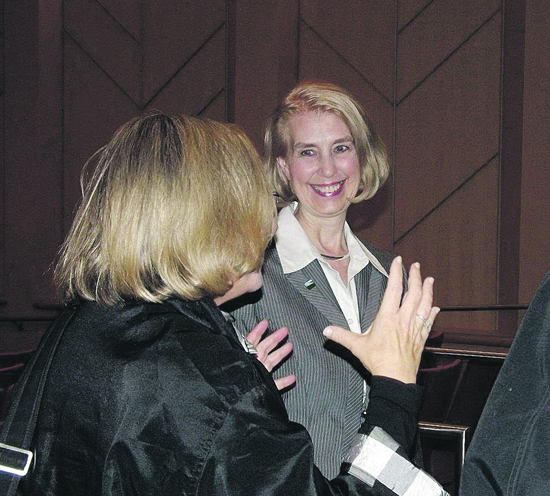
| ||||||
The Council heard from City Engineer Janice Carey, Police Chief Jeffrey Jennings, a representative from TJKM Transportation Consultants and Traffic Officer Michael Gray. It also got an earful from residents of Glorietta Boulevard and nearby streets, who feared raising the limit even five miles per hour would further endanger walkers, bikers, and residential property.
The affected area runs along Glorietta Boulevard between Moraga Way and the Lafayette city limit. Glorietta Boulevard between Sally Ann Road and Daryl Drive would remain a 15 mph school zone speed, as it is currently posted.
Some background: It is not individual cities, but the California Vehicle Code (CVC) and the California Manual on Uniform Traffic Control Devices (MUTCD) which govern the criteria for establishing speed limits in local municipalities. The agencies require a traffic survey every five years to justify posted speed limits. TKJM conducted a Glorietta Blvd. survey on April 28 this year, and the results were presented to the Council.
Because the last survey is now outdated, unless the recent survey is put into use and the speed limit changed the Police Department may not use radar to provide enforcement. In fact, the court would likely throw out a speeding citation issued from that area. According to MUTCD, speed limits are established by the "critical speed" or 85th percentile rule, which is the speed "at or below which 85 percent of the traffic is moving." In other words, as Council Member Dean Orr observed, "The drivers essentially set speed limits."
Jennings spoke of his responsibility for "the preservation of life and property," but many were confused about the means to that end. Would raising a speed limit actually slow traffic down? It's counterintuitive, Jennings agreed, but once the new limit was posted his staff could enforce it. Still, Glorietta residents were not convinced. "Nobody's happy about this," said Allison Banisadr. Darren Pieper compared the move to "letting the inmates run the asylum." Vanessa Imberg asked the Council to delay a vote. "We're walking into a slippery slope," she said. Stuart House says he walks his dog along Glorietta only "with trepidation."
After nearly an hour's discussion, the Council did not vote. The matter was referred to the City's Traffic and Safety Advisory Committee and will reappear on the agenda likely after the first of the year.
Carey cautioned "there is not a lot of leeway" on establishing a new speed limit, but promised that "it's not going to be a freeway going down Glorietta," while Jenkins reassured Orindans he was "pretty confident we'll get it [speed limit] back down...It's just going to take some time," he said.
Reach the reporter at:
Copyright
